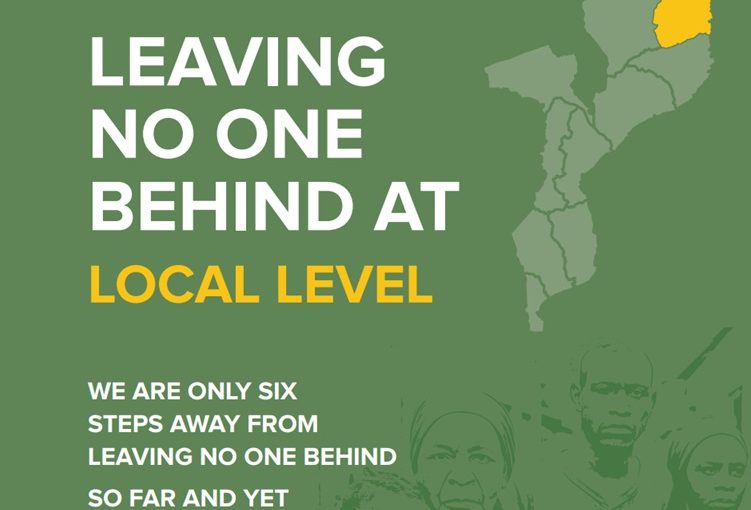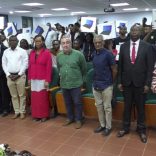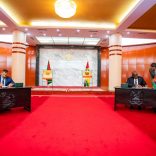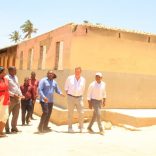Mozambique: UEM hands over 504 laptops to STEM students
UNDP: Leaving No One Behind at Local Level – Cabo Delgado province report

Image: UNDP Mozambique
This report presents findings from the Leaving No One Behind evaluation conducted in six provinces of Mozambique between December 2022 and January 2024. The study was coordinated by a national research team in collaboration with UNDP Mozambique, the Ministry of Finance, and the Ministry of Planning and Development, with contributions from national and international experts.
Key insights on Cabo Delgado province:
Population & Demographics: 2.8 million people, with 76% living in rural areas. Most populous districts include Chiúre, Montepuez, Namuno, and Pemba. Illiteracy is extremely high at 61% (highest in the country), with more than half of children aged 5–17 never attending school.
Economy & Employment: Despite natural resource wealth, the province contributes only 4.3% of national GDP. Economic growth declined sharply after 2016, with recession recorded between 2019–2021 due to terrorism, extreme weather events, and COVID-19 impacts. Unemployment rose from 11.5% in 2019/20 to 15.9% in 2021/22. Household income is very low, averaging less than USD 1 per day.
Living Conditions & Poverty: Most families rely on agriculture, forestry, and informal self-employment. Poverty is widespread, with declining household expenditure, deepened by insecurity and climate shocks. Food insecurity is severe, with 45% of children chronically malnourished and 2.7% acutely malnourished.
Education: School enrolment in primary education is 75%, with significant gender disparities. The pupil–teacher ratio is 60:1, and the education network remains underdeveloped.
Health & Services: There are 131 health units across the province, serving on average 19,000 people each. Access to safe water is among the lowest in the country—only 9.8% of households live within 30 minutes of a water source. Infant mortality is very high at 74 deaths per 1,000 live births.
Cabo Delgado’s reality reflects stark inequalities: while rich in natural resources, insecurity, poverty, limited infrastructure, and low human development continue to leave many behind.












Leave a Reply
Be the First to Comment!
You must be logged in to post a comment.
You must be logged in to post a comment.